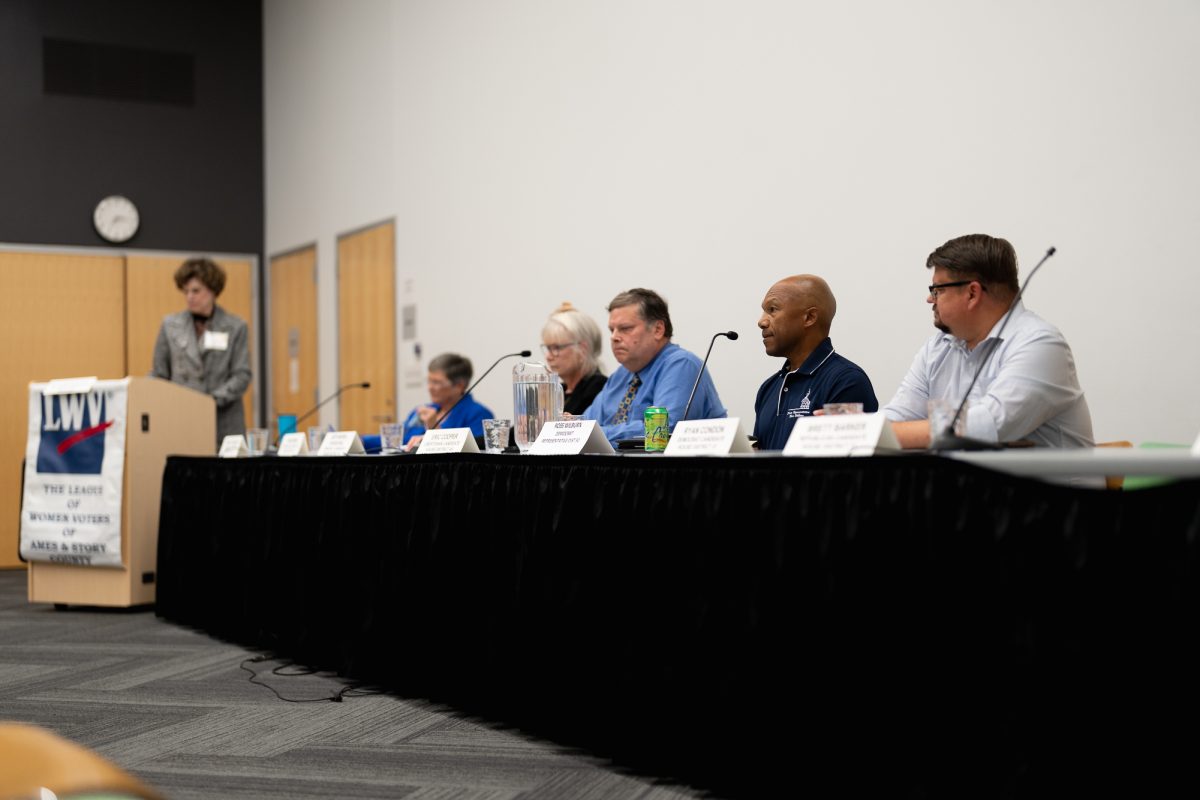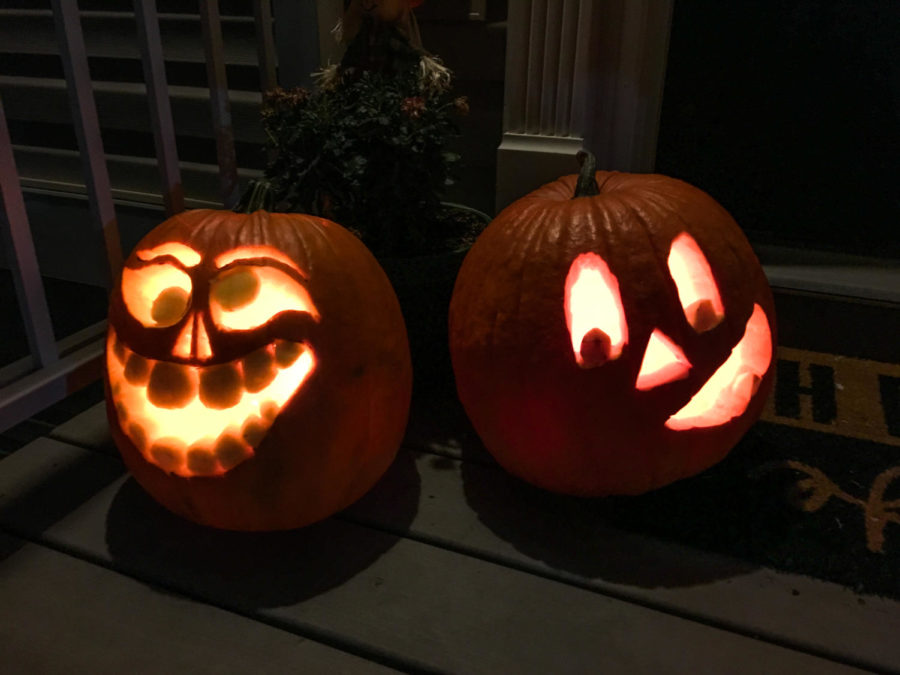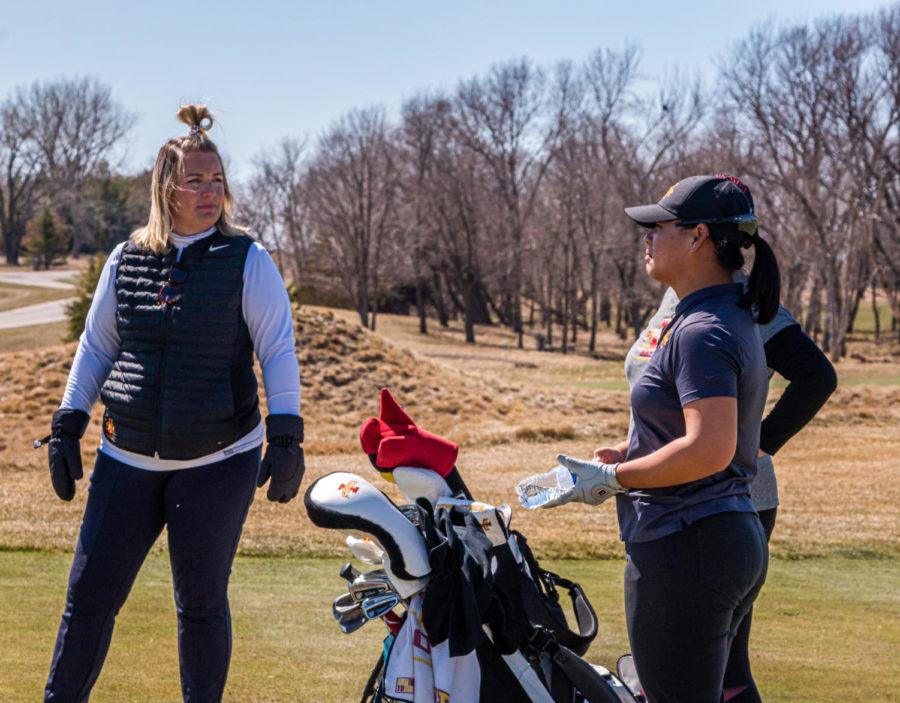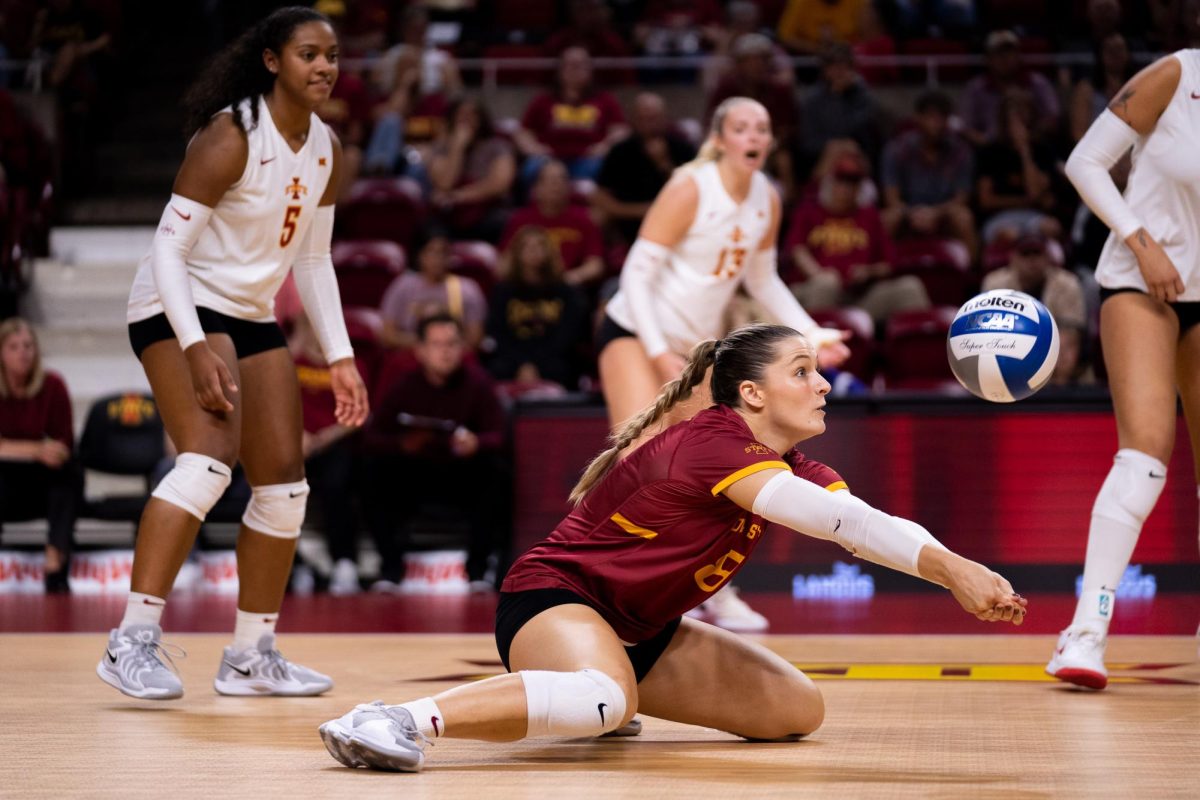Studies show Americans ignorant about sleeping patterns
April 8, 1998
Studies indicate that a majority of Americans may be ignorant when it comes to their sleeping patterns, and Iowa State students are no exception.
A national survey showed that 86 percent of Americans have little to no knowledge of necessary amounts of sleep.
Only 14 percent of 1,027 Americans surveyed passed a recent sleep IQ test, and 23 percent of Americans reported falling asleep while driving during the past year, according to a news release from Mary Greeley Medical Center.
“This is a case where what we don’t know can harm us — and those around us,” said Mark Hislop, supervisor of the Sleep Disorders Center at Mary Greeley Medical Center.
A number of myths stood out among Americans in the survey.
The survey showed that 42 percent of respondents believed that the older people are, the fewer hours of sleep they need.
In addition, 40 percent of those who answered the survey thought elevating a car radio’s volume will help with alertness while driving, and 71 percent of respondents believed their bodies can successfully adjust to night-shift work.
The survey also showed that nearly one in three people surveyed sleep as little as six hours or less each night during the work week.
“The majority of us need a solid eight hours of sleep to function at our best, and our good health depends upon getting the proper amount of sleep,” Hislop said.
However, according to information provided by the Student Health Center, the notion that everyone needs eight hours of sleep a night — or any other fixed amount — is nonsense.
“A good night’s sleep is whatever allows us to feel refreshed, alert and in a good mood the next day,” said Arthur Spielman, director of the Sleep Disorders Center at the City College of New York, in a press release.
“And there are wide individual differences in how much sleep people need to achieve that,” he said. “Some need nine or 10 hours; others only six.”
Some ISU students say busy schedules and coursework contribute to their lack of sleep.
“With all the school work load and having a job, there is no time to sleep,” said Marlene Dickerson, senior in psychology and criminal justice.
“I can function well with only five hours of sleep — I’m used to it. If a class is boring, I will fall asleep, regardless of how much sleep I get,” Dickerson said.
Many students need more than five hours of sleep a night, while others can operate with less time.
“I used to be able to stay up all night my freshman year, but now I get pretty tired if I don’t get to bed before midnight,” said Mary Ho, senior in family financial services. “I think it is because I work eight hours on some days, so I need to be well rested to not fall asleep at work.”
Nichole Baccam, non-traditional student in management information systems, said her body is used to pulling late-nighters.
“I think it is my lifestyle — I’m a night owl,” Baccam said. “On weekends I stay up until 3 or 4 a.m., so it carries over to the weekdays. Besides, I normally do my best work at night, as far as studying goes.”
She also said that she has trouble falling to sleep before midnight.
According to the Sleep Disorders Center, students can follow guidelines for better sleeping patterns.
People who have trouble sleeping are encouraged to wake up at the same time every day and to eat a light snack before bed.
Also, reading a book or magazine and keeping bedroom temperatures moderate helps, and individuals should avoid drinking liquids to prevent urination during the night, a press release stated.
Additional information provided by the Student Health Center indicated the most important benefit of sleep may be that it restores the human body mentally.
Insufficient sleep may cause the mind to suffer more than the body. According to the Student Health Center, studies show people who stay awake for 24 hours experience fatigue, a lack of alertness and trouble performing routine tasks.
In spite of such consequences, the ability to perform complex tasks such as taking tests does not diminish significantly with short-term sleep loss, nor is physiological performance impaired.






